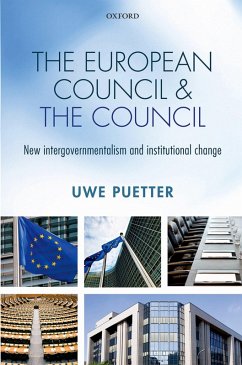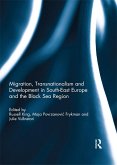This book offers one of the most comprehensive accounts of European Council and Council decision-making by covering two decades of European integration from the late 1990s until the years after the entering into force of the Lisbon Treaty. Case studies analyse the European Council, the Eurogroup, the Economic and Financial Affairs Council, the Foreign Affairs Council and the Employment, Social Policy, Health and Consumer Affairs Council as well as the role of senior coordination committees. Puetter provides a genuinely new perspective on the European Council and the Council, portraying the two institutions as embodying the new intergovernmentalism in European Union Governance. The European Council and the Council shows how post-Maastricht integration is based on an integration paradox. Member states are eager to foster integration but insist that this is done outside the community method. This especially applies to new prominent areas of European Union activity including economic governance, common foreign, security and defence policy as well as employment and social policy. This book explains how the evolution of these new areas triggered institutional change. Policy coordination and intergovernmental agreement are identified as the main governance mechanisms with the European Council and the Council at the centre of these processes. This book features a novel analytical framework - deliberative intergovernmentalism - to trace institutional change after the Treaty of Maastricht. Joint decision-making among member states is understood as non-legislative decision-making which is geared towards permanent consensus seeking and direct member state involvement at all stages of the policy process.
Dieser Download kann aus rechtlichen Gründen nur mit Rechnungsadresse in A, B, BG, CY, CZ, D, DK, EW, E, FIN, F, GR, HR, H, IRL, I, LT, L, LR, M, NL, PL, P, R, S, SLO, SK ausgeliefert werden.









